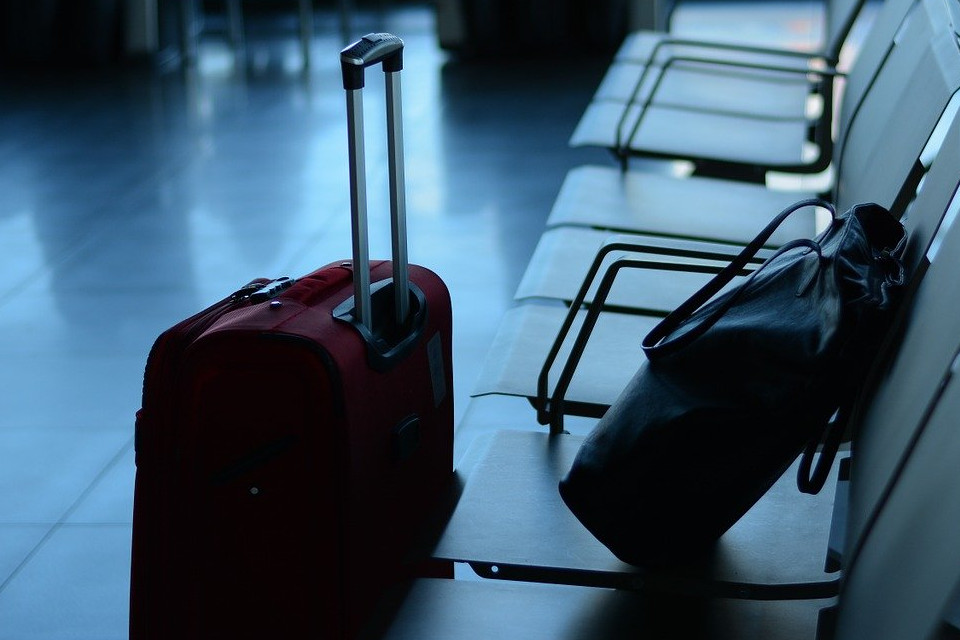By Sarah Wilson, CEO of Ace Travel Management
Despite COVID-19 lockdown rules easing across the UK, it’s still unclear when full-scale international travel will resume. That said, countries throughout Europe and the wider world are starting to open their borders. Many have necessary restrictions in place whilst others are more liberal depending on the level of cases.
The Government’s current advice is to avoid everything but non-essential travel. However, with some airlines welcoming customers back on limited routes, and new air bridges being proposed, it’s likely that business travel could make a safe return soon.
The ACE Travel team has created a travel checklist to ensure your team can travel safely.
Pre-Travel Planning
- Organise – update your traveller profiles –check your team members travel requirements such as emergency contact details, passport expiry validities, high-risk people.
- Talk to your travellers –check the wellbeing of each individual. Check that each person travelling feels confident, informed and safe.
- Policy – Consider premium cabins for more space. Booking flexible or semi-flex fares in case of unexpected travel disruption.
- Risk Assess – Check the COVID-19 Map for destination updates on restrictions per country and region regularly.
- End to end safe travel – Self-drive to airport or book a private transfer to avoid public transport
- Consider booking an airport lounge pass – Offer a safer space to relax and take refreshments as there will be minimum service on aircraft.
- Hotel Cleanliness policy – If a hotel stay is required, check that the hotel has a COVID-19 cleaning policy and warn your traveller of how usual procedures will be different.
- Travel Insurance – ensure you have adequate travel insurance cover
- Train Travel – if you are travelling by train, pre-book a seat and wear PPE.
- Aware of British Embassy – Inform each traveller of the British Embassy contact details and location. They can provide help in emergencies
- Business Etiquette – Update each traveller with new business etiquette to use in the country they are visiting.
- Touch Points – Regular communication to ensure traveller safety.
Airport Experience
- Travel Hygiene Kits – provide travellers with hygiene kits including face masks, hand gel, gloves etc.
- Prepare your travellers for the new health and safety measures
At home – check-in online, pre-print baggage and boarding passes, register with the local embassy, ensure the airline and your travel management company has your contact details, check the flight status, ensure passenger contact and journey details are completed in advance as per government guidelines.
At the departure airport –prepare for temperature screening, physical distancing, face coverings, sanitisation of touchpoints. Use self-service, touchless and biometric processes and self-bag drop to minimise interaction.
At the boarding gate – Limit carry-on baggage to enable smooth boarding.
Inflight – Prepare for new requirements inflight. Face covering, limiting cabin movement, simplified catering procedures.
Border and customs – Electronic declarations – Ensure each traveller’s phone is charged.
At destination
- Inform your traveller of what to do if they are taken ill whilst travelling. The government has issued guidance for if a guest is taken unwell with CV19 symptoms while staying in an accommodation establishment
- Be prepared to download the local track and trace app on your mobile.
Upon return
- Post-travel debriefs with the traveller – What should other colleagues be aware of? Where they happy with the sanitisation protocols? Does the traveller need any ‘rest days’ post-trip?
- Check with government guidelines to see if a traveller must quarantine.















